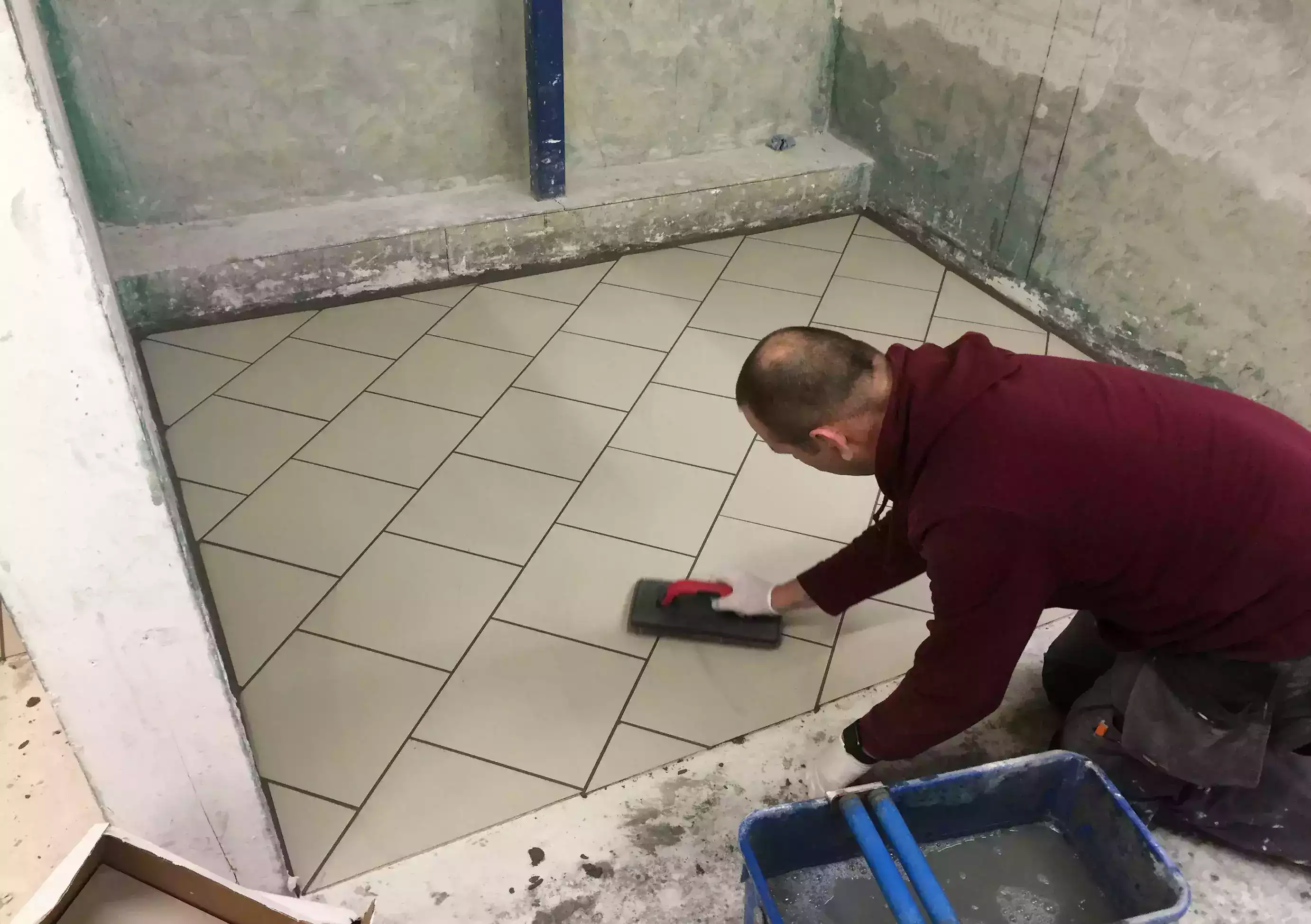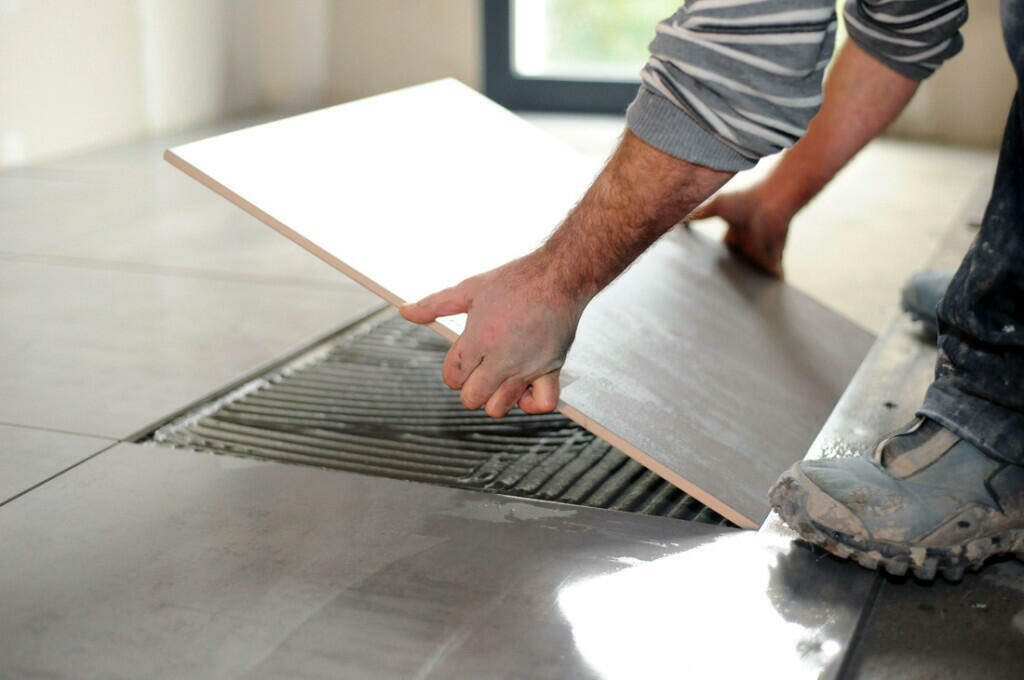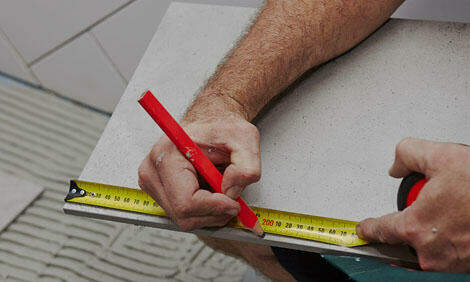Installing new floors is a great way to update the look of your home while adding fresh appeal. While style and design are key components of the decision-making process, homeowners often neglect other areas that should be taken into consideration. Whether you choose hardwood, ceramic tiles, vinyl, or laminate flooring, be sure to do your research, especially if you’re planning to do it yourself. Otherwise, the cheapest flooring options can become more costly in the long run.
Here are 9 tips to help you avoid common flooring mistakes
- Overestimating DIY Skills

Flooring manufacturers’ websites offer DIY skill level information for each flooring type or a certified flooring retailer can provide information on the difficulty with installation. Second, be honest about your DIY abilities and, if needed, consider hiring a professional installer.
- Underspending on “Cheap” Flooring

Lower quality flooring is prone to scratches, scuffs, and stains. Purchasing flooring that is well made will keep your floors looking new longer and is worth the additional up-front investment.
- Failing to Research Prior to Installing

- Preparing the Subfloor Incorrectly

- Measuring Incorrectly

- Using Products that are Not Recommended for Installation
With any installation, you’ll need certain products to make sure the floor is properly installed. Depending on the type of flooring you’re installing, you may need adhesives, tile trowels, seam treatments, or grout. Be sure to read the manufactures installation guide for a list of necessary tools and products. This is also not an area to take shortcuts since buying less expensive products can result in an inferior installation.
- Not Considering Moisture and Humidity
Moisture is a commonly overlooked factor in DIY flooring, especially in hot and humid areas like Atlanta, GA. Moisture and humidity can cause wood flooring to warp, leaving it looking way different than when you installed it. Be sure not to install the boards too close together so they have room to expand. If in doubt, consult with a professional.
- Ignoring the Manufacturer’s Recommended Care Instructions

- Disregarding Maintenance Recommendations
Much like your car, your floors need to be properly maintained to extend their longevity. Improper maintenance of your flooring can lead to unnecessary wear and tear and can even void your warranty if you use a product that is not recommended for your floor type. You can find this information on the manufacturer’s website or by calling their customer service hotline.
Follow these tips when purchasing your flooring and you’ll avoid the headaches of poor installation and improper maintenance, so you can receive the maximum enjoyment from your home improvement investment.
Author bio: Jennifer Karami is a writer at Redfin, a technology-enabled real estate brokerage whose mission is to redefine real estate in the customer’s favor.
By: Jennifer Karami
Thank you Jennifer for this amazing article. If any of our readers want to be feautured in our blog, please send an email to rubitools.usa@rubi.com


Post a comment